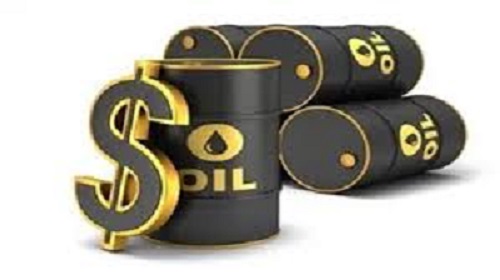The prices of crude oil sustained its upward trend even after the collapsed dialogue among OPEC+ministers — which is made up of the Organisation of the Petroleum Exporting Countries and its allies.
In the early hours of Tuesday’s trading, the prices of crude rose to multi-year highs with the U.S. crude reaching its highest in seven years after OPEC+ producers disagreed over plans to increase output amid growing global demand.
Brent crude rose 62 cents, to $77.78 a barrel — the highest since October 2018.
U.S. West Texas Intermediate (WTI) crude futures traded up $1.75, at $76.91 — highest since November 2014.
The latest development comes nearly two weeks after the crude oil reached the $75 mark — the highest level since April 2019.
Last year, oil producers reached an agreement to reduce output in order to adapt to the price crash created by the COVID-19 pandemic.
On Friday, a scheduled meeting by OPEC+ ministers to increase production by about 2 million barrels daily (bpd) from August to December 2021 was canceled as the United Arab Emirates (UAE) criticized a proposed eight-month extension to output restraints.
READ ALSO: Lawan Constitutes Committee to Harmonise Versions Of PIB
No new date was given for the OPEC+ talks after it was called off.
This new price appreciation for crude oil will see Nigeria’s revenue from exportation rise. Nigeria depends largely on the sale of crude oil to fund its budget.
The 2021 budget of N13.588 trillion signed into law by President Muhammadu Buhari on December 31, 2020, has a benchmark oil price of $40 per barrel.
Goldman Sachs, a US investment bank and financial services company, had earlier forecasted that the prices of oil will rise to $75 by the third quarter of this year.
A joint committee of ministers from the Organization of the Petroleum Exporting Countries (OPEC) and non-OPEC countries had also projected an increase in global crude oil demand by the second half (H2) 2021.













